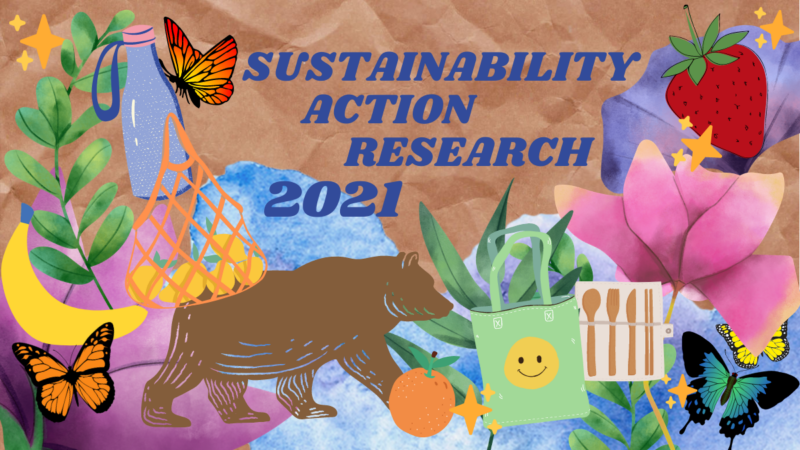
Assessing biodiversity indicators in Santa Monica
The City of Santa Monica has been ahead of the curve in terms of sustainability efforts. The city was the among the first to develop a sustainability report and provide…

The City of Santa Monica has been ahead of the curve in terms of sustainability efforts. The city was the among the first to develop a sustainability report and provide…

At first glance, the city of Los Angeles appears to be a bustling metropolis of endless traffic and sprawling suburbs. But among all of the concrete lies one the richest…

Our team will be researching the usage of plastics by UCLA Dining and Catering to find ways to reduce or replace current use, given the guidelines set by Sustainability Manager Erin Fabris’ single-use plastic policy.

Lead is a potent neurotoxin that continues to endanger the health and wellbeing of communities across the greater Los Angeles area. Researchers have identified lead hazards present in soil and…

Team EDI is investigating the current status of EDI in sustainability, specifically the measures being implemented at UCLA and student feedback.

The 2021 Green Games Team is working with Bruin Environmental Leadership Team, a group of student athletes interested in environmental matters, to research and raise awareness about environmental justice, specifically on accessibility to outdoor spaces and recreation facilities.

The CCGP is funded by the State of California, led by the UCLA/La Kretz Center for California Conservation Science, and includes contributing scientists from all 10 UC campuses.

U.S. landfills are drowning in an ocean of waste. While mismanagement of waste is harmful to the environment as a whole, it poses a particular threat to marine life. Plastic…

Protecting California’s water resources has never been more important. Climate change is pushing weather patterns to extremes, with scientists predicting increased floods and drought in California’s future. These events threaten…

Pritzker Award Affiliate: Randall Winston, policy fellow from Elemental Excellerator’s Policy Lab. Dawn Lippert is the founder and CEO of Elemental Excellerator and was nominated for the Pritzker Genius Award…

Our team is working to increase and improve edible spaces on campus by developing a standard operating procedure for long-term management of edible landscapes for the UCLA Landscape Master Plan.

The 2021 SAR Green Labs team mission is to identify the sources of styrofoam that are used in UCLA’s laboratories and the current disposal practices through surveys targeting UCLA labs.